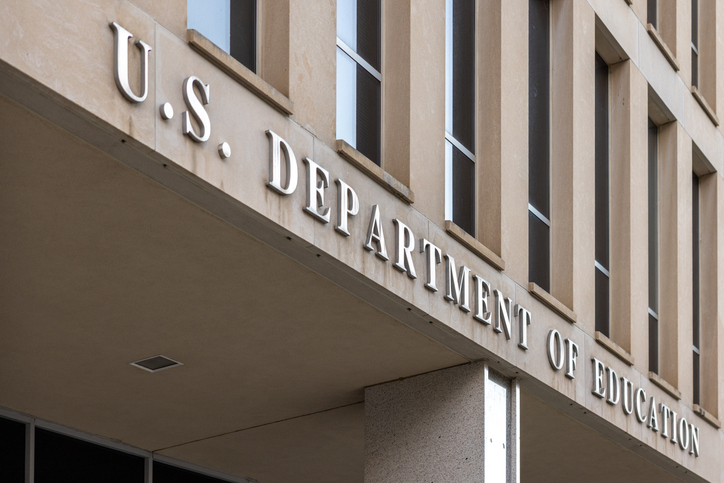
Trump’s changes to education department may affect student loans

Changes to the U.S. Department of Education could affect student loans and relief programs.
The U.S. Department of Education oversees approximately $1.6 trillion in student loans for more than 44 million Americans, according to a news report from ABC News. Currently, the Biden administration’s SAVE plan is being upheld by a lawsuit — placing nearly 8 million student loan borrowers in forbearance.
However, if the Trump administration were to succeed in abolishing the U.S. Department of Education, borrowers could see their student loans move to the U.S. Treasury Department, modifications to the available repayment plans or privatization of the student loan system. Student debt relief programs could also be eliminated.
The U.S. Department of Education’s Office of Federal Student Aid currently approves federal student loans, grants and work-study funds through the Free Application for Federal Student Aid as well as manages student loan repayments. The experts detailed that if Office of Federal Student Aid were moved to the U.S. Treasury Department, its responsibilities would likely continue to be fulfilled as usual. Although some officials have been optimistic about the potential move, other officials have foreseen issues transferring the entire student loan portfolio. The move could also alter the way in which student debt is collected, since, unlike the U.S. Treasury Department, the U.S. Department of Education adheres to a policy supporting borrower rights known as the Higher Education Act of 1965.
Data has suggested that a large majority of borrowers rely on federal loans. The experts stressed that if student loans were privatized, it could disrupt the entire student loan system. Finally, the Trump administration could consolidate federal student loans and either end or minimize access to the Public Service Loan Forgiveness program.
Read more: ABC News
The article presented here is intended to inform you about the broader media perspective on dentistry, regardless of its alignment with the ADA's stance. It is important to note that publication of an article does not imply the ADA's endorsement, agreement, or promotion of its content.